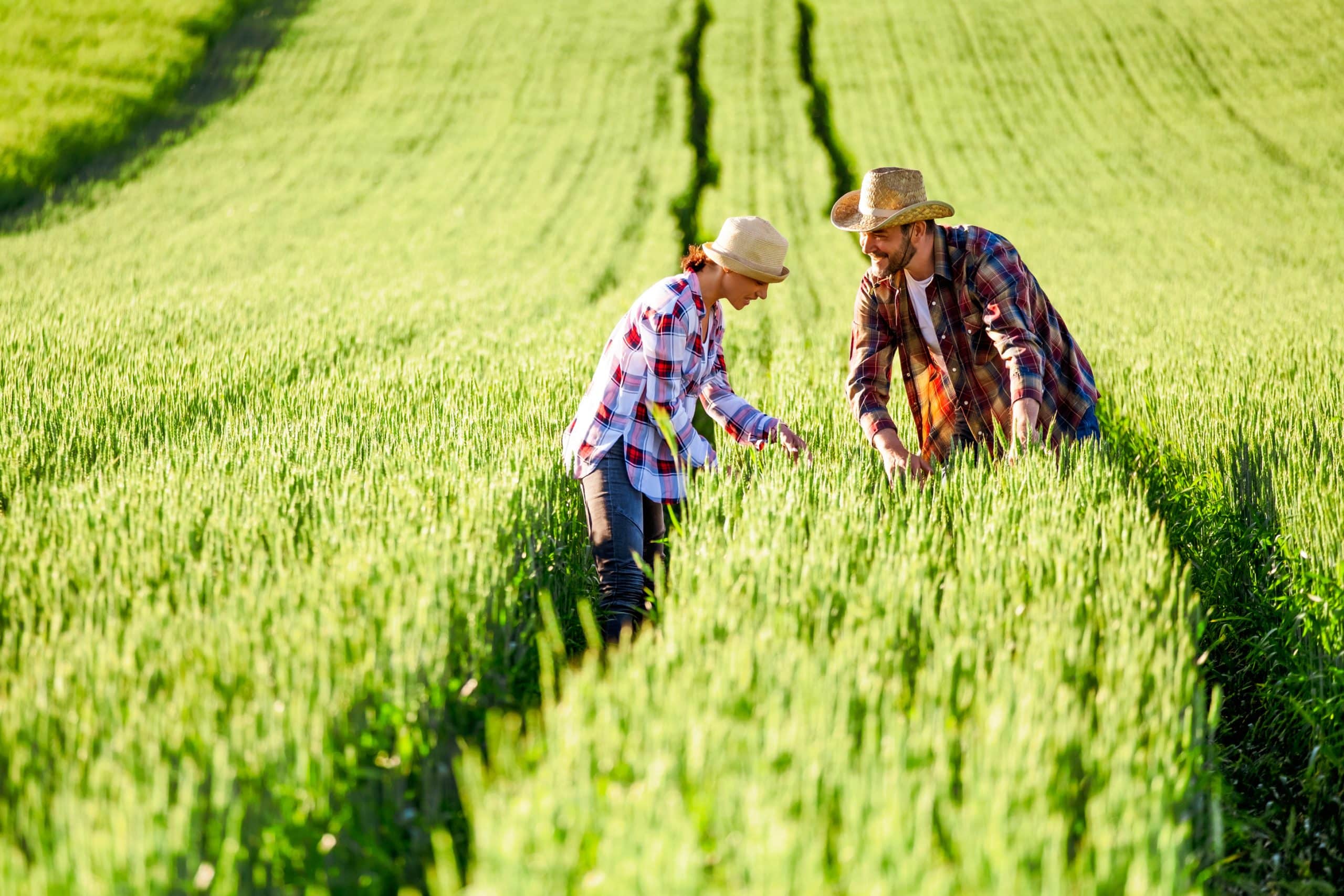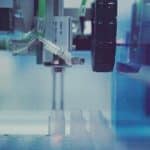The concept of urban farming is not new, but it has gained significant momentum in the last decade. It is concerned with growing food within densely populated areas, typically in and around cities. The idea is to make the most of the limited space available and to provide fresh and sustainable produce for the local community. If you are considering starting an urban farming business in a UK city, this article will provide you with a comprehensive guide. We will explore different types of urban farming, the benefits it brings, the challenges faced, and how to build a successful farm.
Understanding Urban Agriculture
Urban agriculture is the practice of cultivating, processing, and distributing food in or around cities. The primary goal of urban farming is to use vacant city spaces like rooftops, balconies, abandoned yards, and even walls to grow food. This type of agriculture focuses on producing local food for local consumption.
A découvrir également : What Are the Best Practices for Integrating Virtual Reality in UK Real Estate Showings?
Urban farms come in many shapes and sizes, from small plots in private backyards to larger operations on top of commercial buildings. These farms can not only provide fresh, healthy, and local produce but also contribute to a city’s sustainability and green initiatives by reducing waste, conserving water, and limiting the use of energy in food transportation.
Types of Urban Farming
Urban farming is versatile and can be adapted based on the available space and resources. Here are a few types of urban farming you might consider:
A découvrir également : What Are the Innovative Approaches to Digital Marketing for UK Speciality Foods?
-
Community Gardens: These are shared spaces where people come together to grow various kinds of produce. They are ideal if you have a socially-oriented business model and aim to bring the community together.
-
Vertical Farms: Vertical farming is the practice of producing food in vertically stacked layers or inclined surfaces. The main advantage of this method is the efficient use of space.
-
Rooftop Farms: If the city has a lot of flat-roofed buildings, rooftop farming could be a viable option. These farms can produce a significant amount of food and also reduce a building’s energy costs by providing natural insulation.
-
Indoor Farms: In this method, food is grown indoors in a controlled environment. It often involves hydroponics, a method of growing plants without soil.
Benefits of Urban Farming for UK Cities
Urban farming offers a plethora of benefits to UK cities, not just in terms of food production but also in enhancing urban life quality, promoting community development, and contributing to environmental sustainability.
Sustainable and Local Food Production: Urban farms can produce fresh, healthy, and local food, reducing the dependence on imported produce. The produce grown in urban farms is often organic and free from pesticides, making it healthier for consumers.
Community Development: Urban farms often involve the local community, which can foster a sense of community spirit. They can also provide education about healthy eating and sustainable living and offer opportunities for volunteering and skills development.
Environmental Sustainability: Urban farms can contribute to green initiatives by reducing waste, conserving water, and limiting the use of energy in food transportation. They also increase green spaces, enhancing the city’s aesthetics and improving air quality.
Challenges in Urban Farming
Despite the numerous benefits, urban farming does have its set of challenges. Understanding these hurdles will help you plan better and mitigate risks associated with your urban farming business.
Space: Space is at a premium in cities, and finding suitable land for farming can be a challenge. Rooftops, walls, and balconies are some creative solutions to this problem.
Soil Quality: Soil contamination is a common issue in cities, making it unsafe for growing crops. Using raised beds or hydroponics can be an alternative.
Regulations: Urban farming might face regulatory issues, such as zoning laws and building codes. It will be essential to understand these regulations in the city where you plan to set up your farm.
Costs: The initial cost of setting up an urban farm can be high, considering the price of land, equipment, and infrastructure. However, with careful planning and efficient use of resources, it can be profitable in the long run.
Building a Successful Urban Farm
Finally, to develop a successful and sustainable urban farming business, you will need to consider the following steps:
Business Plan: Start with a solid business plan that outlines your goals, target market, operational plan, marketing strategy, and financial projections.
Location: Choose a suitable location based on the type of farming you plan to do. Consider factors like sunlight, water access, and soil quality.
Community Engagement: Engage with the local community and encourage their participation. This can create a strong customer base and also foster a sense of community ownership.
Sustainability: Adopt sustainable practices, such as composting, rainwater harvesting, and using renewable energy sources.
Partnerships: Partner with local businesses, restaurants, and grocery stores to sell your produce. This not only provides a steady market for your products but also helps in promoting your farm.
Remember, urban farming is not just about growing food; it’s about contributing to a sustainable future and creating healthier communities. By focusing on local production, community engagement, and sustainable practices, you can turn your urban farming business into a cornerstone of your city’s green initiatives.
Implementing Technology in Urban Farming
In order to create a successful urban farming business, it is crucial to implement appropriate technologies. From specialized equipment for vertical farming to computerized systems for managing light and temperature in indoor farms, technology can significantly enhance the productivity and sustainability of your urban farm.
Vertical farms rely heavily on technology. These farms stack crops on top of each other in controlled environments, using LED lights to provide the plants with the necessary light spectrum for growth. Vertical farming technology also includes hydroponic or aeroponic systems that deliver nutrient-rich water directly to the roots of the plants, eliminating the need for soil and reducing water usage by up to 95%.
For indoor farms, technology helps in maintaining optimal growing conditions. Sophisticated computer systems control temperature, humidity and light cycles, maximizing plant growth while minimizing energy use. Indoor farms can leverage hydroponics and aquaponics, combining crop production with fish farming, further increasing productivity and sustainability.
Technology can also support in managing urban farming challenges. For example, drones and satellite imagery can help urban farmers monitor plant health and identify pests or diseases early. Advanced irrigation systems can be used to conserve water, and composting technology can turn waste into valuable organic fertilizers.
Moreover, digital platforms can connect urban farms with local consumers and businesses, facilitating direct sales and reducing food miles. Apps can also provide educational resources about urban agriculture and sustainability, strengthening community engagement and promoting healthy eating habits.
Climate Change and Urban Farming
Climate change is a pressing issue that has severe impacts on traditional agriculture. However, urban farming provides a unique solution to mitigate some of these impacts and contribute to food security.
Urban farms are less dependent on weather conditions, especially those operating in a controlled environment like vertical or indoor farms. These farms can maintain consistent production all year round, regardless of external environmental changes. Moreover, by growing food in urban areas, the need for long-distance transportation is decreased, significantly reducing carbon emissions related to food distribution.
Urban farms also play a role in tackling heat island effect in cities, where concrete and asphalt absorb heat, making urban areas significantly warmer than rural areas. Rooftop gardens and green walls can help cool down buildings and reduce energy consumption for air conditioning. They also contribute to increasing urban green space, improving air quality, and enhancing biodiversity.
Finally, urban farming helps cities become more resilient to climate change. By decentralizing food production, cities can rely less on rural agriculture that is vulnerable to extreme weather events, pests, and diseases exacerbated by climate change. This strengthens the urban food system and increases food security in the face of a changing climate.
Conclusion: Towards Sustainable Urban Farming Businesses
Creating a sustainable urban farming business in the UK involves more than just the cultivation of produce. It requires a comprehensive understanding of urban agriculture, its benefits, and the unique challenges it faces. It also demands an innovative approach to utilising space, engaging local communities, and implementing sustainable practices.
Implementing technology can significantly enhance the productivity and sustainability of urban farms. Whether it’s vertical farming equipment, computer systems for indoor farms, or digital platforms for marketing and education, technology plays a crucial role in modern urban agriculture.
In the context of climate change, urban farming presents a resilient solution. By growing food in controlled environments, reducing carbon emissions, tackling heat island effect, and decentralising food production, urban farming can play a significant role in creating sustainable, food-secure cities.
In essence, to develop a sustainable urban farming business in UK cities is to contribute to a greener, healthier, and more resilient urban future. Your urban farm will not be just a business; it will be an integral part of your city’s response to climate change and its journey towards sustainability. Establishing such a business is undoubtedly challenging, but with careful planning, community involvement, and the right technologies, your urban farm can flourish and make a real difference.











